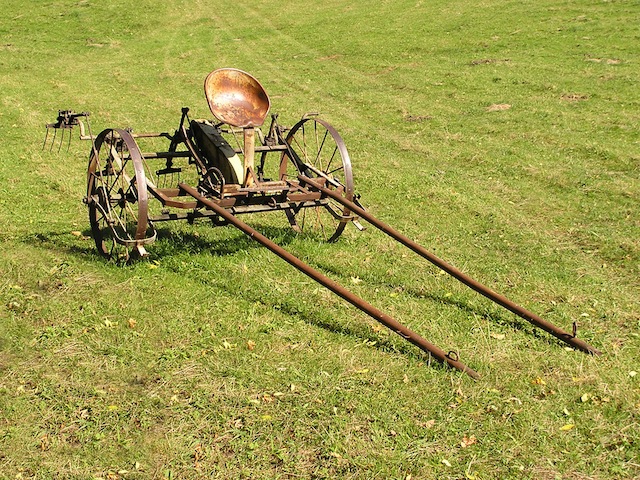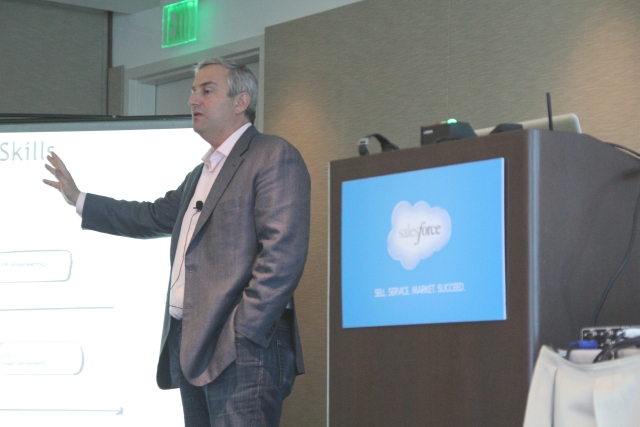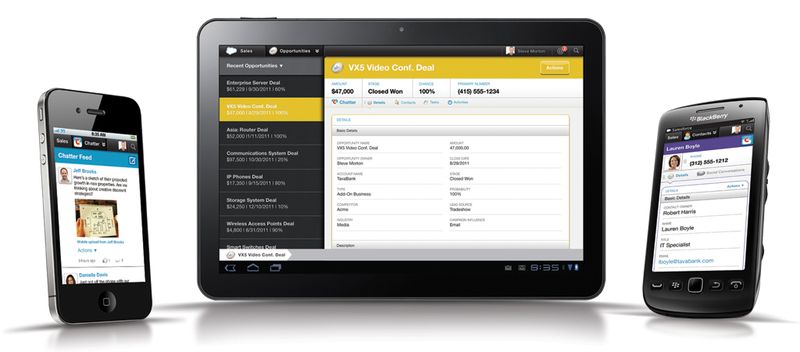venture capital investor and blogger Mark Suster said at the Dreamforce 2013 conference yesterday.
Suster’s mission is based upon having seen the process of building business up close having been involved in two successful startups and trade sales before joining Salesforce as head of product development then branching out to the investor side of the business.
There’s also a personal reason for Suster wanting to tell the truth about starting your own venture, “the reason I’m on a personal mission to explain this is because a friend committed suicide.”
“His company had raised four million dollars but, by his standards, it wasn’t succeeding.”
Suster’s story resonates with anyone who has founded a business — it’s not something everyone is suited to and it’s a tough, demanding lifestyle.
Tuxedos and cocktail dresses
Part of the problem is public perceptions, Suster describes a conflict between “public persona and cognitive dissonance”; while an individual startup is struggling with their own flaws and failings, it appears that everyone else is doing well from their carefully crafted and placed publicity stories.
“Everyone else’s PR is their tuxedos and cocktail dresses,” Suster points out. “You on the other hand are seeing yourself naked in the mirror every morning.”
On being a marriage councilor
It’s often said that a business partnership is like a marriage and Suster finds much of his work as a venture capital investor involves counseling founders over their relationship.
“Sometimes one has to go,” Suster says. “It doesn’t matter what your preference is — and we all have our favourites — but the business cannot survive with the two of them.”
When two founders split, there is also the problem of equity, should both have equal shares then it becomes difficult to split the business; “should one partner leaves, it’s often easier to shut down the company and start again.”
Buy in your skills
A similar problem happens when there’s more than one partner and Suster cautions it’s better to employ people with the skills you need rather than offer equity in a new business.
“Having too many founders is the greatest dilution you’ll ever face,” Suster warns and his advice is to hire the skills required by the business rather than give away equity in your business.
Another benefit of hiring people is having a good team on the payroll is the validation good investors are looking for. “Having a good team proves you’re able to hire good people which is the most important skill an entrepreneur needs,” Suster explains.
Ultimately, Mark Suster sees the journey of building a business as a decade long process, the billion dollar startups are the exception rather than the rule.
The biggest advice Suster has is to understand your goals, “if you don’t define what success is, you’ll never achieve it.”
Building a business is tough, and not everybody is suited to doing it. Mark Suster’s advice isn’t just appropriate for technology startups, it’s also valid for anyone starting any type of business.
Similar posts:




